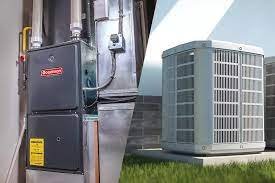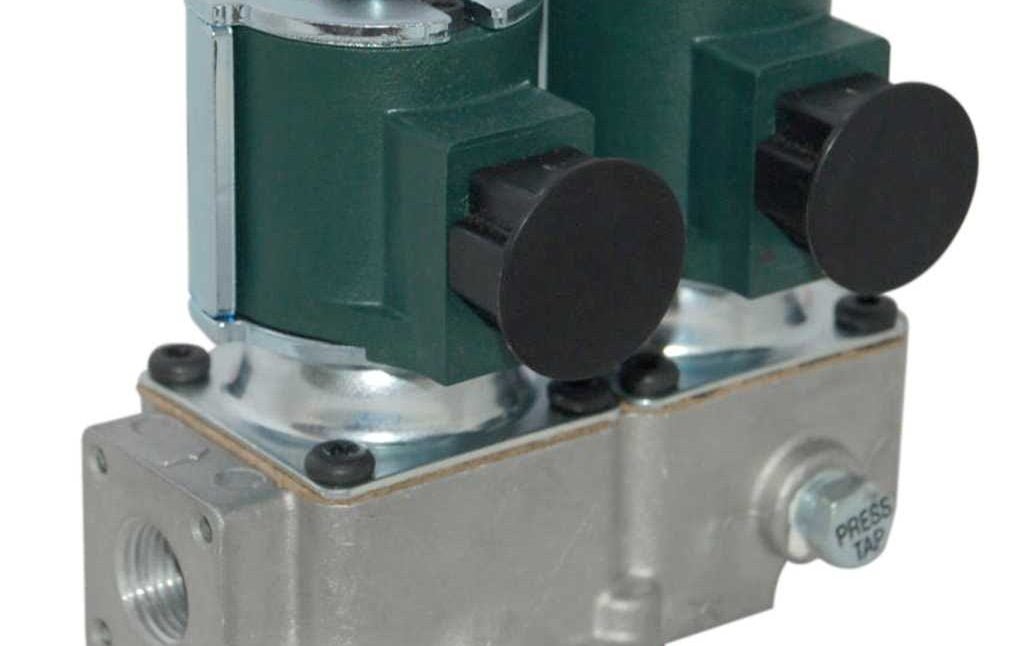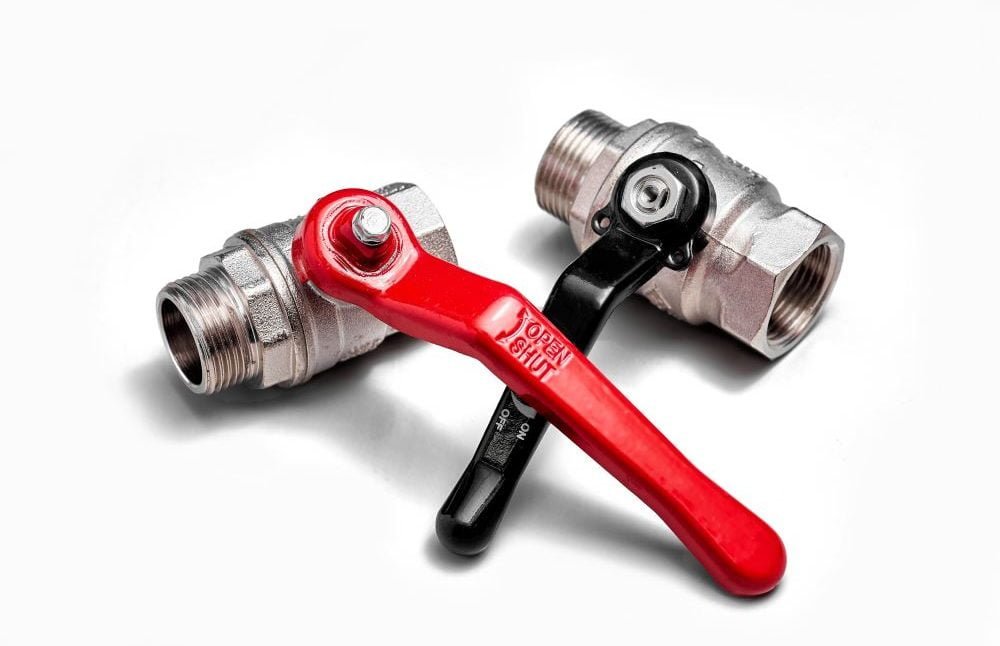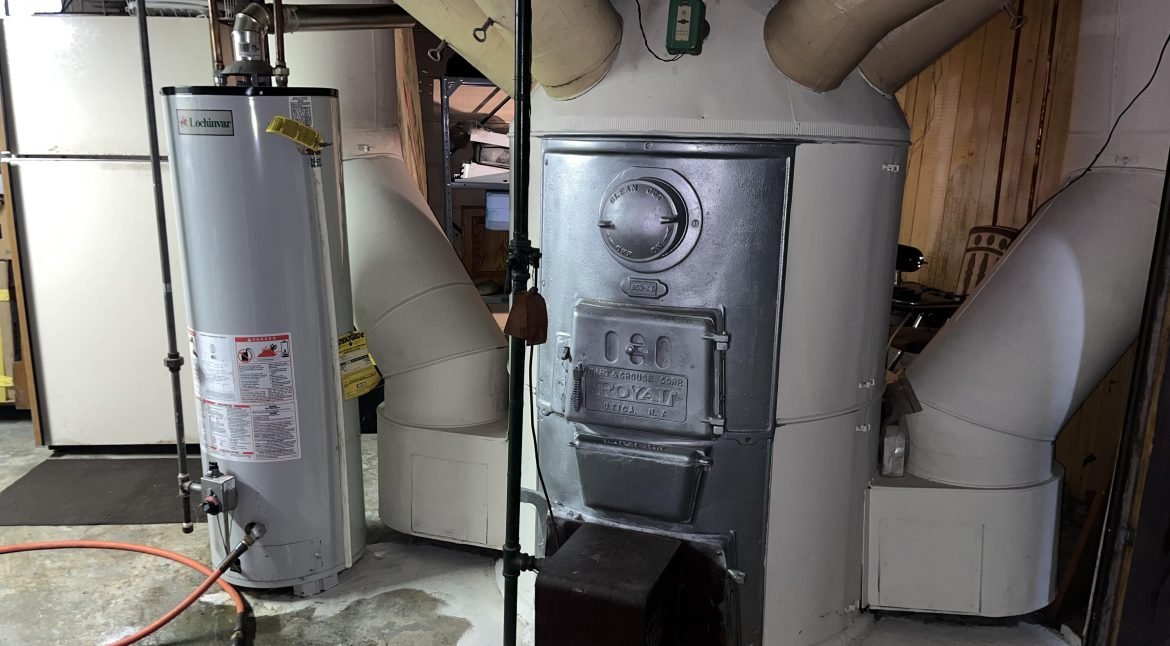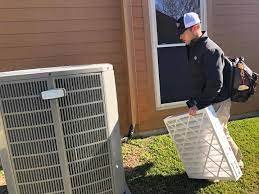HSPF4 vs HSPF5: Heat pumps are excellent devices that can keep your home or business warm in winter and cool in summer. Their main function is to transfer heat from one place to another. However, how do you know how effective your heat pump is and how much it consumes?…
Expansion Valve in Chiller: If you’re curious about the cooling systems that keep your buildings comfortable and energy-efficient, you may have encountered the term “expansion valve in chillers. But what exactly is an expansion valve, and what role does it play in chiller operation? In this blog post, we will…
VAV vs AHU: People often confuse the terms Variable Air Volume (VAV) and Air Handling Unit (AHU) regarding HVAC systems. Although both are important for regulating indoor temperatures and ensuring optimal comfort, their functionality and applications differ significantly. This comprehensive blog post will explain the differences between VAV and AHU…
Choosing the best water heater for your home can be difficult, especially with many alternatives available today. Heat pump water heaters and tankless water heaters are two standard options that are frequently explored. While both choices provide efficient and environmentally beneficial solutions, they differ in ways that suit various households.…
Introduction I know how frustrating it can be when the outdoor temperature is frigid, and at this time, your heating pump starts blowing cold air. As its name suggests, the primary purpose of a heat pump is to blow hot air. As an HVAC Expert, many people asked me, “Why…
What Is a Redundant Gas Valve? A redundant gas valve is a type of valve that contains two or more valves working together to control the flow and pressure of gas to your furnace’s burner. The purpose of this valve is to provide additional safety and reliability for your heating…
Furnace Gas Valve Leaking: A furnace gas valve is a critical component of your heating system that regulates the flow and pressure of gas to the burner. This ensures the safety and efficiency of the combustion process. However, a gas valve leak can cause severe issues for your furnace and…
Introduction Gas Valve vs Water Valve: Gas and water valves are two common types of valves used for various applications such as plumbing, heating, and industrial processes. The primary function of valves is to control the flow of fluids or gases by either opening, closing, or partially obstructing the passage.…
Gravity Furnace vs Forced Air: Heating your home is a crucial and costly decision that affects your comfort, energy bills, and indoor air quality. Numerous heating systems are available in the market, but the two most common types are gravity furnaces and forced air furnaces. Both use gas, oil, or…
If you have a gas furnace in your home, you may have noticed a small LED light on its control board that indicates its status and alerts you of any problems or errors. The light may blink in different patterns or colors to indicate various codes, depending on the model…


